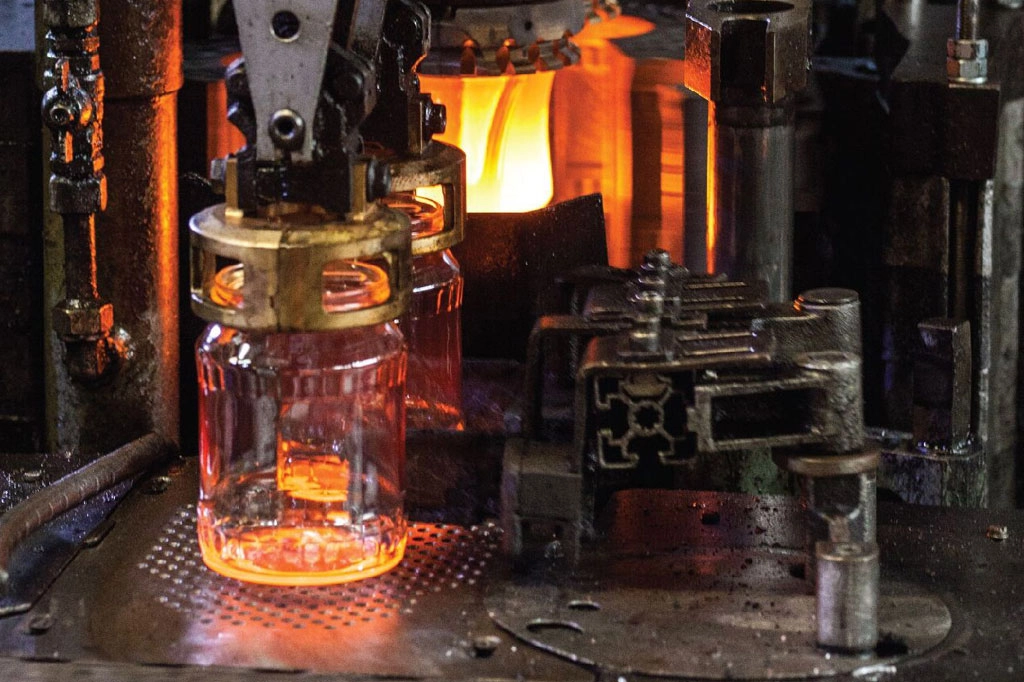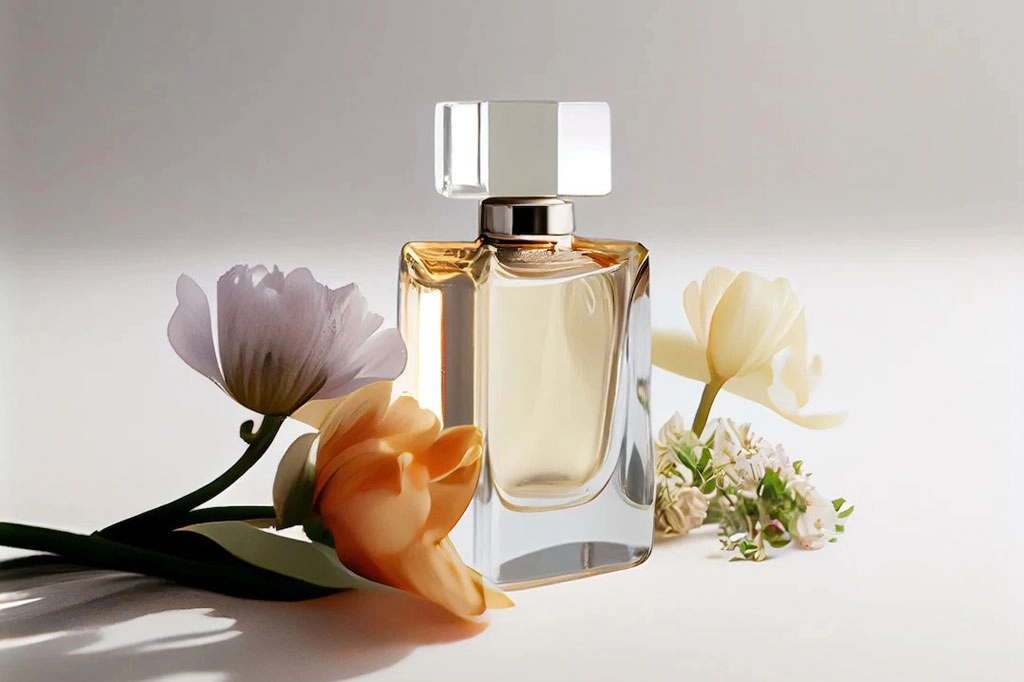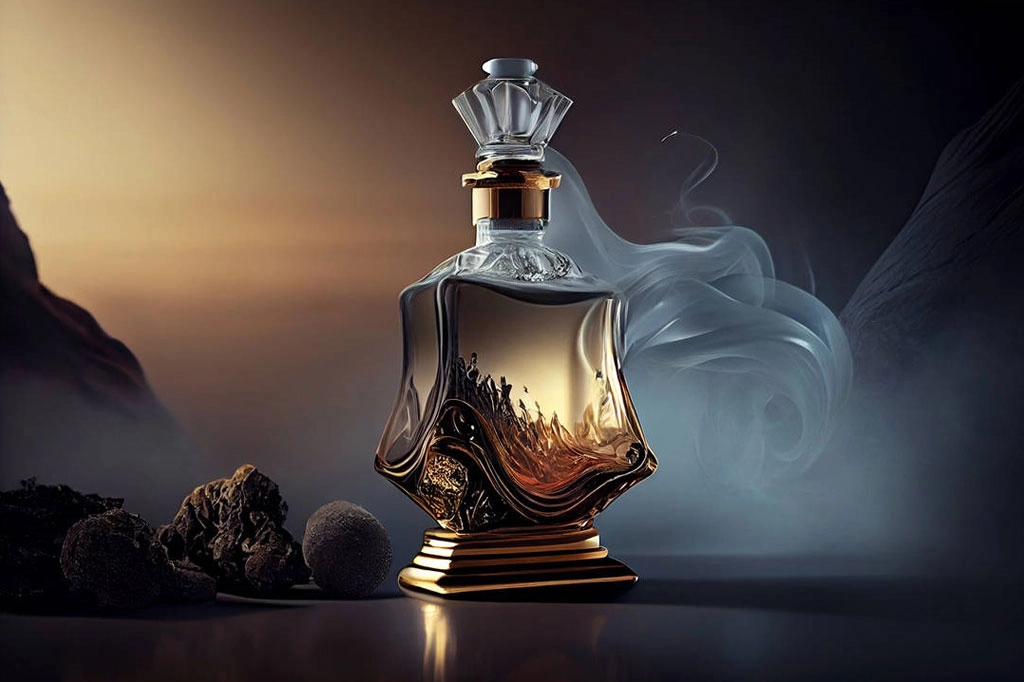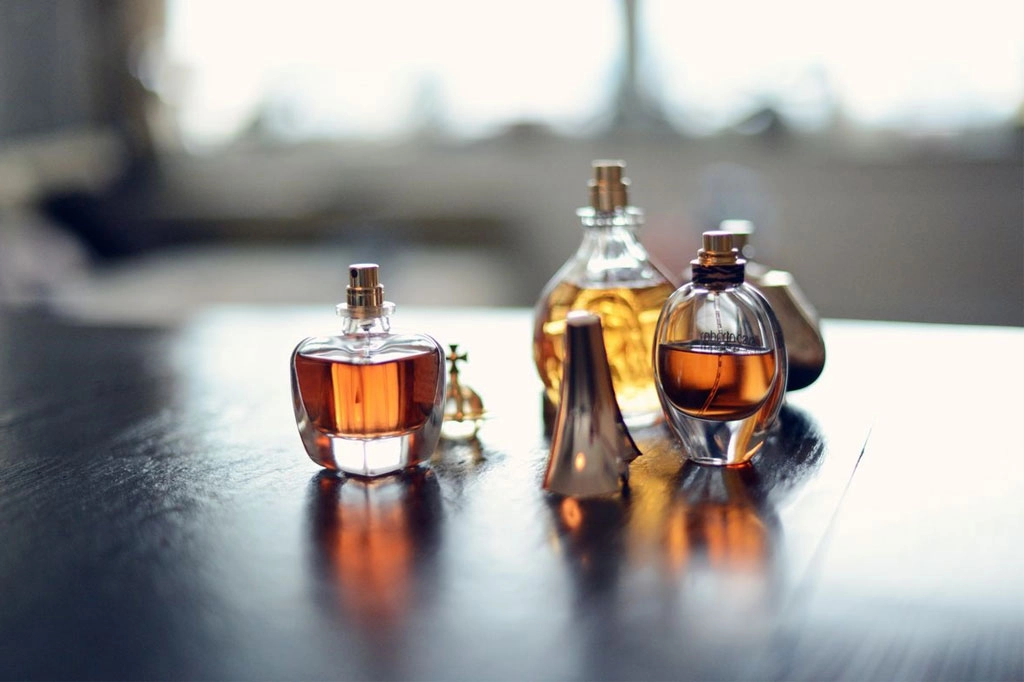In recent years, the perfume industry has witnessed a revolution in custom bottle manufacturing, thanks to the advent of innovative materials. These materials have not only pushed the boundaries of design but also addressed sustainability concerns, shaping a new era for perfume packaging.
Glass Reinvented: Borosilicate Glass
Traditionally, glass has been the material of choice for luxury perfume bottles due to its clarity, durability, and the ability to preserve the fragrance over time. However, the introduction of borosilicate glass has taken custom bottle manufacturing to new heights. Borosilicate glass boasts remarkable resistance to thermal shock, making it well-suited for intricate designs and varied shapes. Perfume houses now have the flexibility to experiment with avant-garde bottle shapes without compromising the integrity of the fragrance.
Moreover, borosilicate glass allows for thinner walls, reducing the overall weight of the bottle. This not only contributes to a more sustainable manufacturing process but also reduces transportation-related carbon emissions. As environmental consciousness becomes increasingly prevalent, the shift towards borosilicate glass aligns with the industry’s commitment to sustainability.
Sustainable Elegance: Recycled Glass
In response to the growing concern about environmental impact, custom perfume bottle manufacturers are embracing recycled glass as a sustainable alternative. Recycled glass not only minimizes the carbon footprint associated with glass production but also gives a second life to discarded materials. The environmentally conscious appeal of this approach strikes a chord with consumers actively seeking sustainable products.
Beyond its ecological advantages, recycled glass presents a distinctive aesthetic allure. The subtle variations in color and texture create a distinctive appeal, ensuring that each recycled glass bottle is one-of-a-kind. Perfume brands embracing recycled glass are not only making a statement about environmental responsibility but also adding an authentic touch to their packaging.
Engineering Marvel: Lightweight Metals
In the quest for innovation, lightweight metals have emerged as a game-changer in custom perfume bottle manufacturing. Metals such as aluminum and titanium provide an alternative to traditional glass, offering a modern and minimalist aesthetic. The use of lightweight metals allows for intricate detailing, enabling designers to create unconventional shapes and patterns that were once challenging with glass.
Beyond aesthetics, lightweight metals contribute to a reduction in packaging weight, leading to lower transportation costs and a smaller environmental footprint. Additionally, these metals are highly recyclable, aligning with the industry’s commitment to circular economies. Perfume bottles crafted from lightweight metals exemplify the marriage of form and function, showcasing the industry’s dedication to both aesthetics and sustainability.
Bioplastics: A Green Revolution
As the perfume industry increasingly pivots towards sustainability, bioplastics have gained traction as a revolutionary material for custom perfume bottles. Derived from renewable resources such as corn starch, sugarcane, or other plant-based materials, bioplastics offer a biodegradable alternative to traditional plastics.
Bioplastic perfume bottles not only address concerns about plastic pollution but also provide a lightweight and durable solution. Bioplastics’ adaptability enables imaginative designs, concurrently ensuring a minimized environmental footprint. Perfume brands embracing bioplastics in their packaging convey a strong commitment to a greener future and responsible manufacturing practices.
Future Trends: Smart Materials and Augmented Reality
Looking ahead, the future of custom perfume bottle manufacturing holds exciting possibilities with the integration of smart materials and augmented reality (AR). Smart materials, such as color-changing or temperature-sensitive coatings, can add an interactive dimension to perfume bottles, creating a multisensory experience for consumers.
AR technology, when incorporated into packaging, allows consumers to virtually interact with the perfume bottle before making a purchase. This not only enriches the online shopping experience but also offers consumers a unique avenue to delve into the narrative behind each fragrance. Custom perfume bottles equipped with smart materials and AR technology represent the next frontier in packaging innovation, blurring the lines between the physical and digital realms.
Conclusion
As consumers increasingly prioritize sustainability and seek unique, immersive experiences, perfume brands are compelled to explore novel materials and design possibilities. The transition to eco-friendly materials not only aligns with global initiatives to curb environmental impact but also resonates with a consumer base that values authenticity, innovation, and social responsibility.




